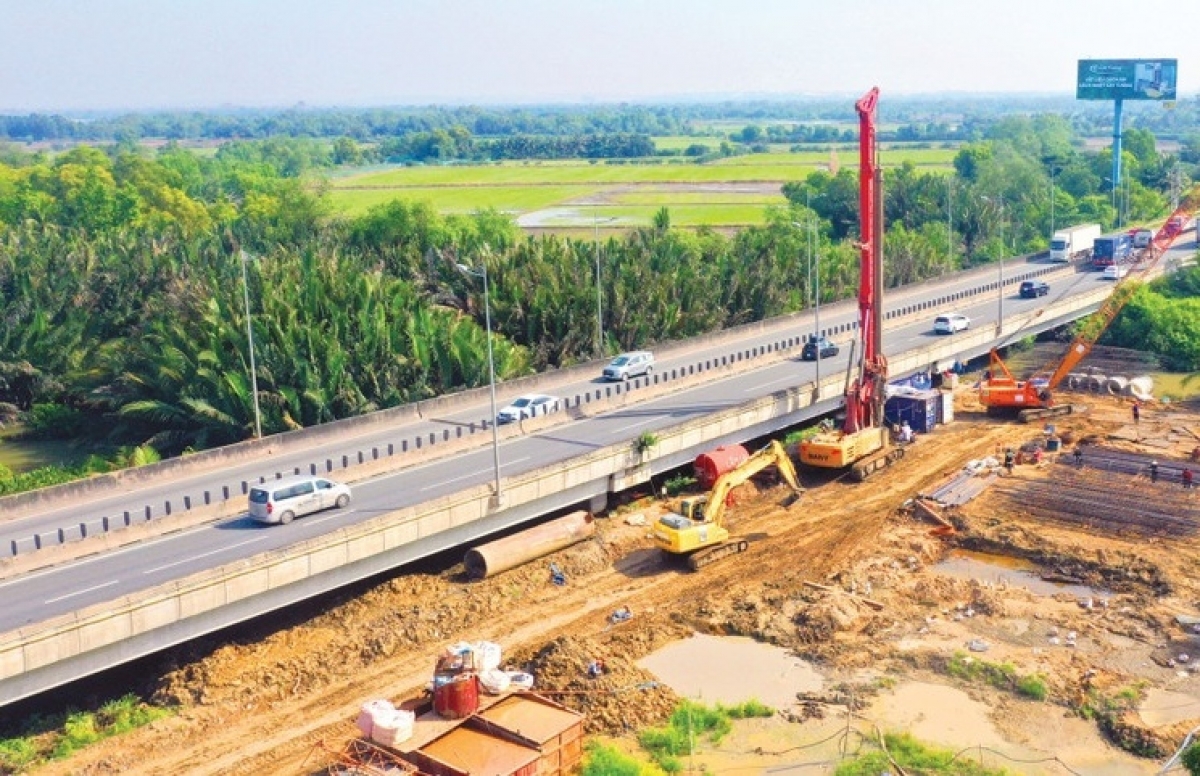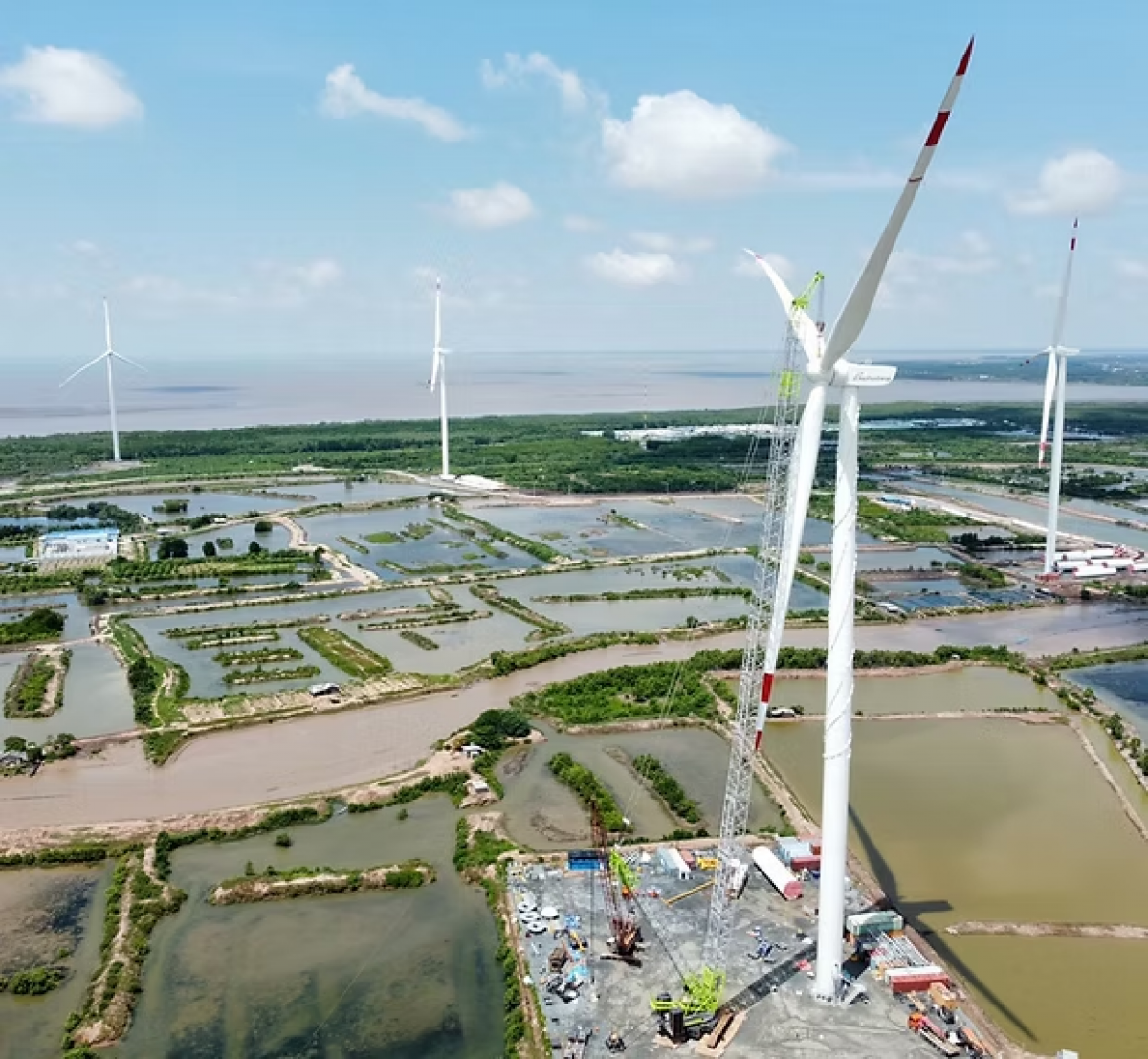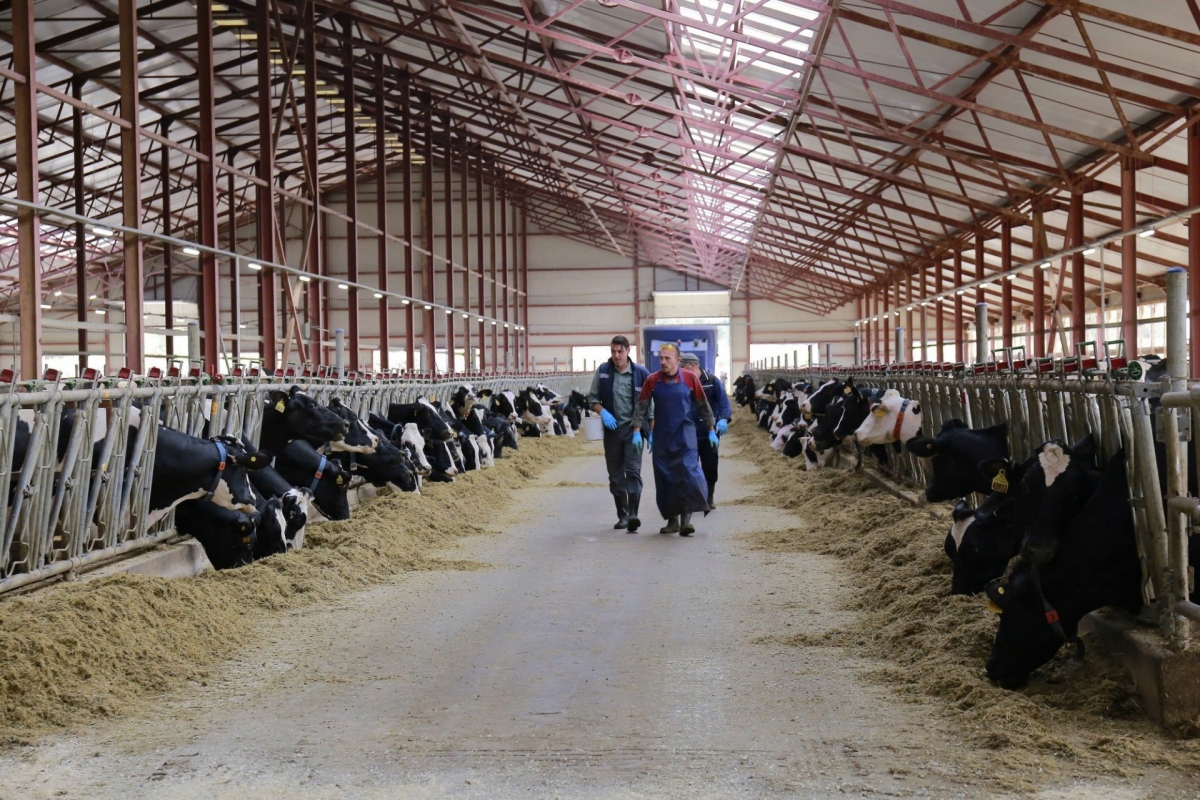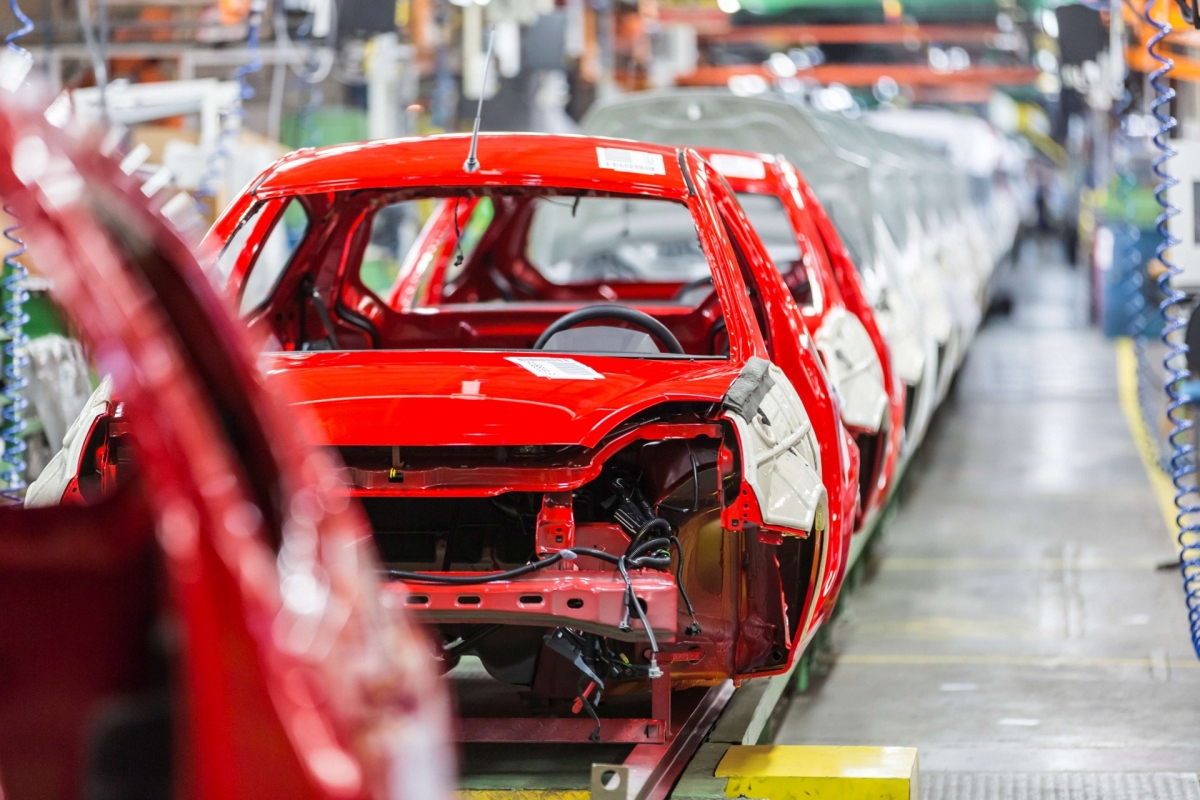INTERNATIONAL INVESTMENT
AND PORTAL
NgVietnam News and Vinexad National Trade Fair and Advertising JSC organised a joint seminar on extended producer responsibility (EPR) on April 4, one of the key events of the 33rd Vietnam International Trade Fair in Hanoi.
The conference was an open forum for policymakers and businesses to gather information, share experiences, and provide recommendations and solutions for effective EPR implementation.
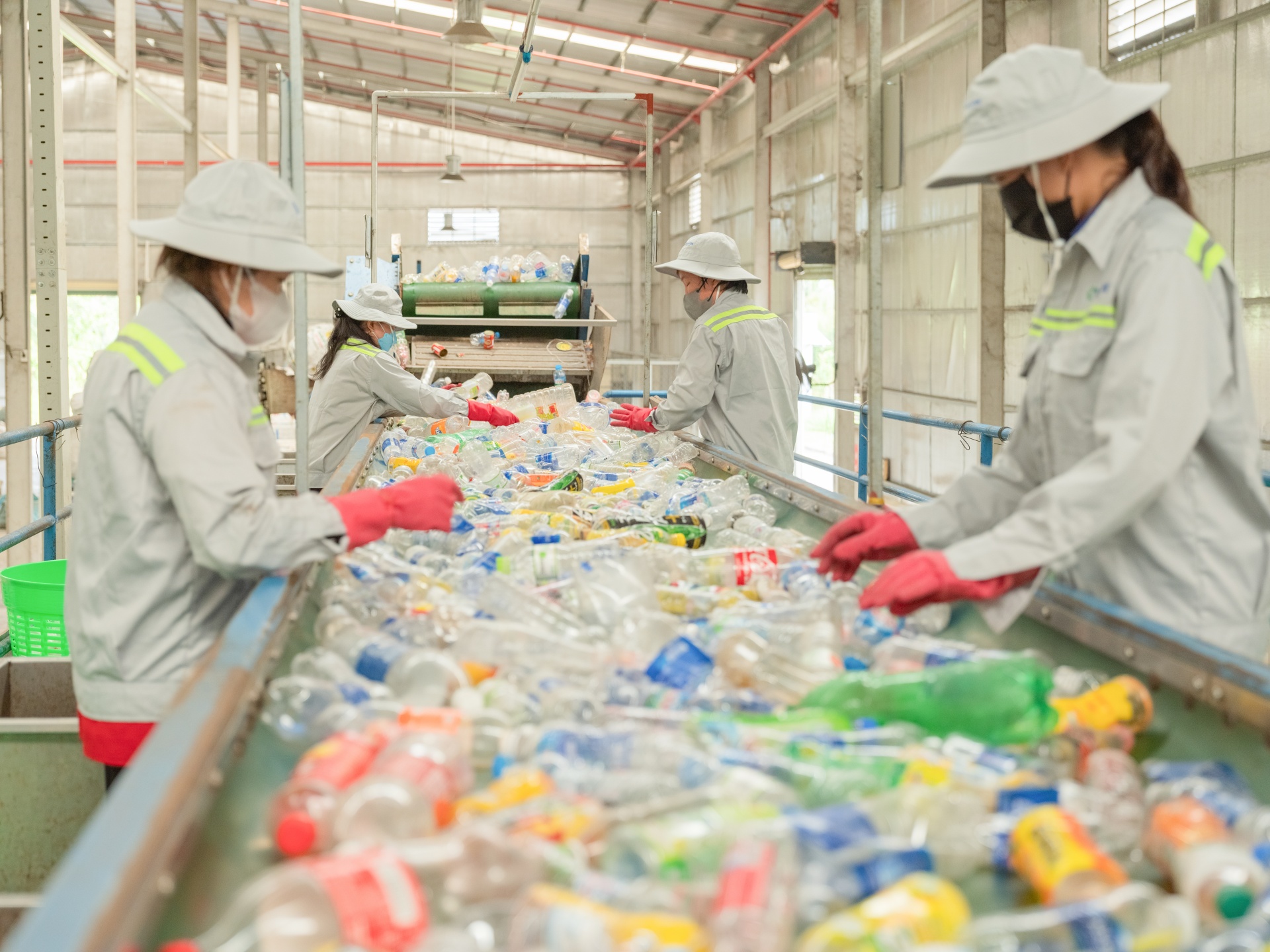
Nguyen Thi, senior legal expert of the Department of Legal Affair under the Ministry of Natural Resources and Environment, said, "Difficulties in implementing EPR are mostly related to determining the type of packaging that must be declared for recycling, while Vietnam's collection and recycling industry is not yet developed."
"There are currently incentive mechanisms in place such as supporting recyclers in tax exemptions, land use fees, increased access to green credit, and green bonds. These will help recyclers and investors find more profits in packaging recycling collection," Thi added.
According to Nguyen Trung Anh, director of Sustainable Development at agri-food giant The PAN Group, businesses are interested in the challenge of cost structuring when implementing EPR.
"This cost is not small, which means that the competitiveness of Vietnamese products in the international market will be affected. Therefore, it is necessary to consider technical, economic, and environmental factors in policies to adjust them to be more suitable for businesses," he said.
Le Anh, director of sustainable development of DuyTan Plastic Recycling, said that EPR is a national competitive advantage, a 'green certificate' for businesses to export to large and high-standard markets.
"Vietnam is the first country in Southeast Asia to apply EPR. However, it is also a challenge because new regulations and processes take time to implement and enforce effectively," said Le Anh.
Meanwhile, Chu Thi Kim Thanh, operations director of the Packaging Recycling Organisation Vietnam (PRO), said that every year society wastes about $3 billion in unrecycled waste. Therefore, changing the perception of the value of the work of scrap collectors is very necessary.
“Scrap collectors often feel insecure about the value of their work, so it is necessary to have support policies and social media to encourage their work,” Thanh said.
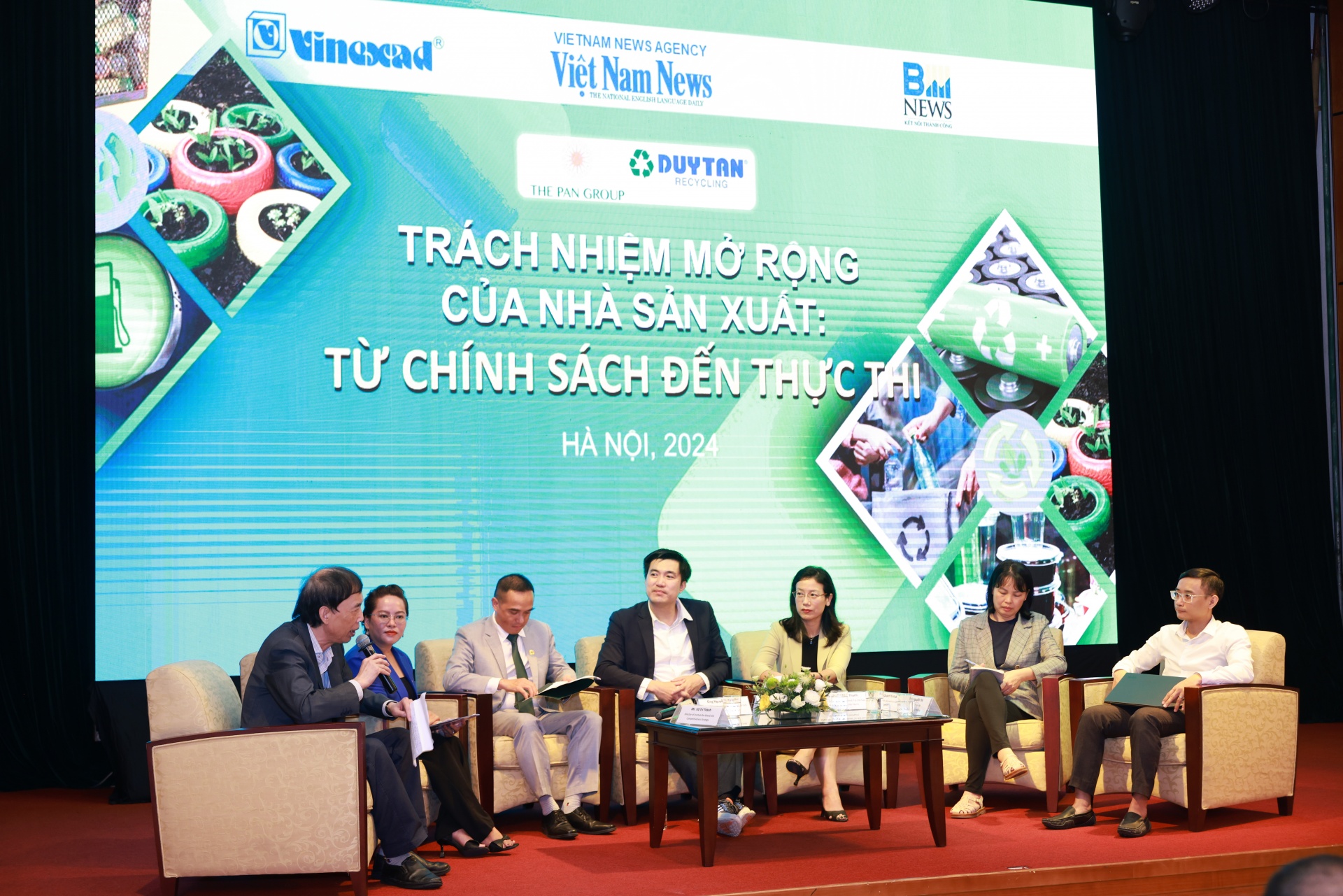
PRO is currently providing support such as labour protection, health insurance, and accident insurance for workers in this informal sector.
While EPR has been implemented around the world to help reduce and control waste, Vietnam is among the first to introduce EPR regulations in Southeast Asia. Governmental agencies and the media will play a crucial role in the implementation and the execution of the laws.
“This is key to achieving sustainable development for manufacturers and businesses, especially as Vietnam has struggled with the severe impacts caused by pollution and climate change,” said Doan Thi Tuyet Nhung, deputy deneral director of the Vietnam News Agency.
Stipulated in Article 54 of the 2020 Environmental Protection Law and detailed in Decree No.08/2022/ND-CP, EPR requires producers and importers to pay fees for recycling and disposal of discarded products and packaging.
Since January 1, producers and importers of lubricants, batteries, accumulators, tyres, and various types of packaging must either recycle or pay fees to support waste recycling activities. Subsequently, electronic equipment will be included in 2025, followed by vehicles, including motorbikes and cars, in 2027.


